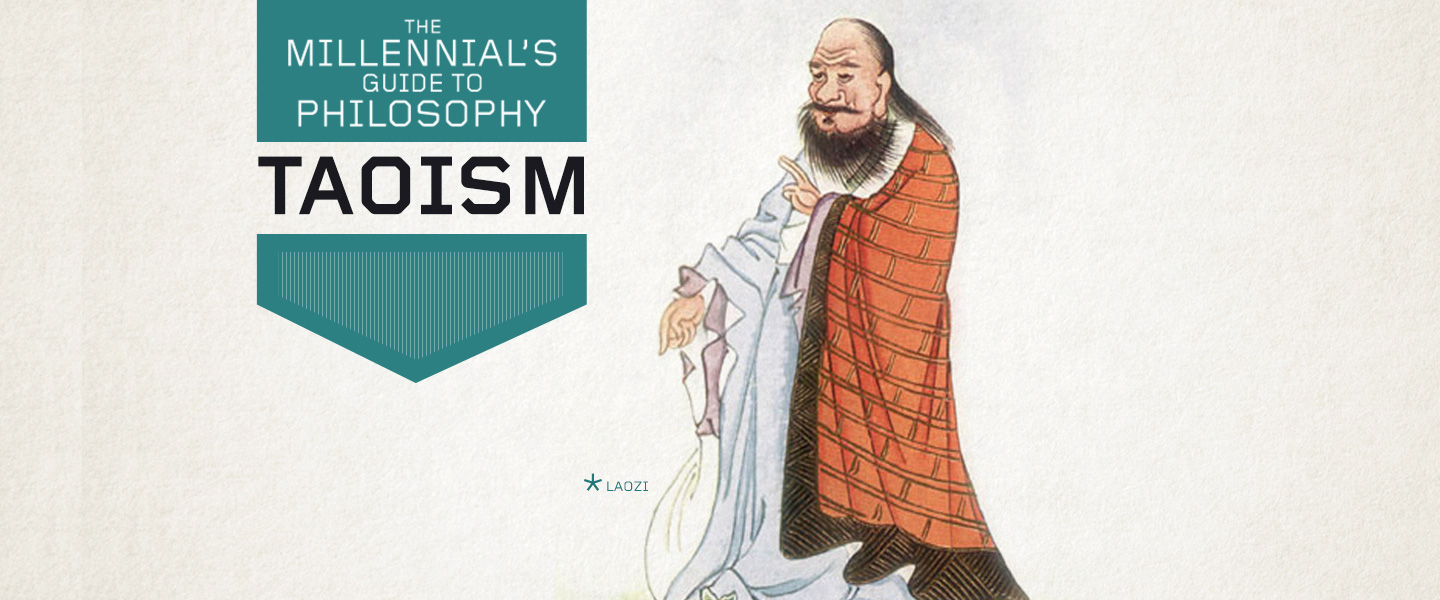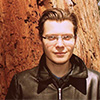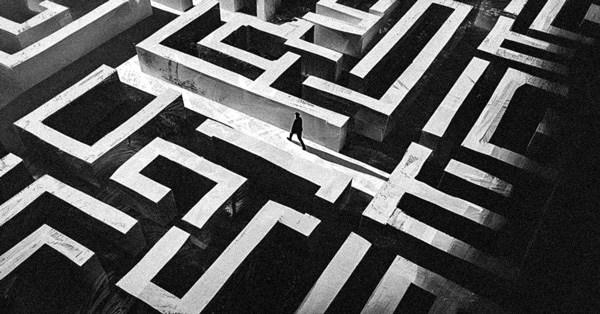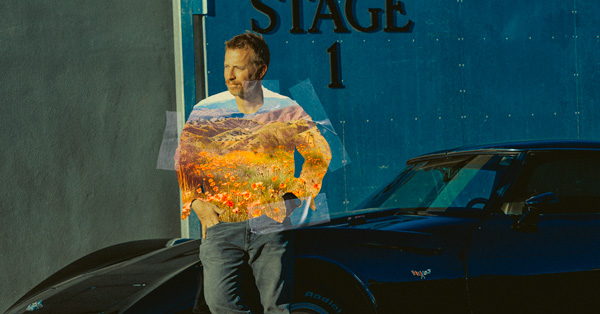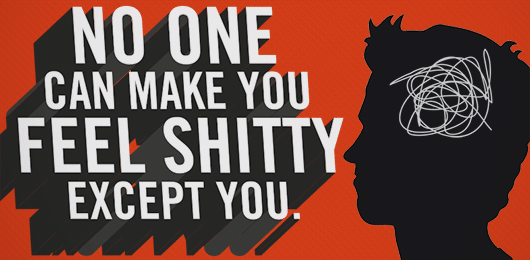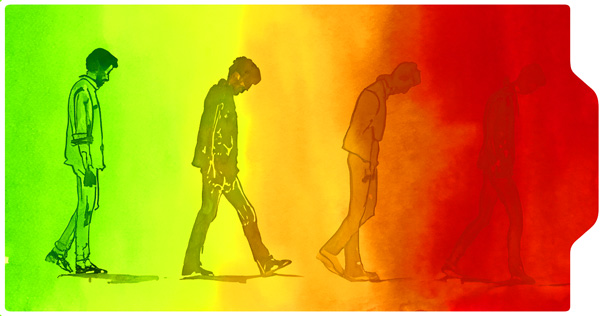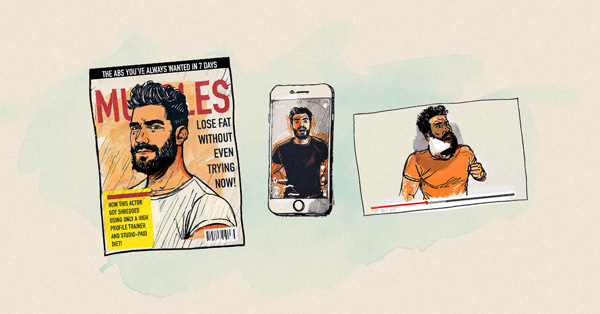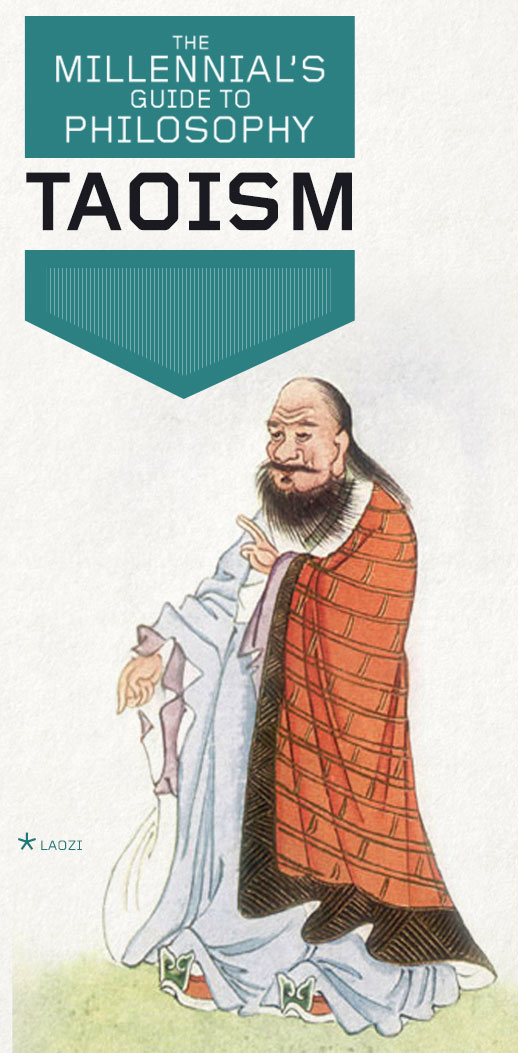
Tradition holds that, as a star plunged across the evening sky, a woman bearing witness to the auspicious event suddenly became pregnant. Tradition holds that her child remained in the womb for sixty two years, finally being birthed beneath the crimson leaves of a plum tree. Tradition holds that the child emerged fully grown, already wearing a long white beard that symbolized his sagacity and wisdom.
Or so the myth goes.
The story is symbolic, but its subject was very much real, and in the eighty years he would live, he would develop a philosophy that would impact the world for millennia to come.
His name was Laozi.
Who Thought It Up
Exactly who Laozi was is a question as heatedly debated as the spelling of his name (which is Lao Tzu, Lao Tse, Lao Tze, or Li Dan, depending on who you ask). What is agreed upon, however, was that he was born sometime in the 6th century BC in eastern China, that he served as the court astrologer to a local nobleman, and that he authored a fifteen-part book of such profound impact that dozens of clans and even emperors would come to claim relation to him. While Laozi may have vanished over two thousand years ago (legend maintaining he rode off into the sunset on a water buffalo, never to be seen again) his philosophy continues to shape Eastern and Western thought alike.
What It’s All About
Tao
“There is a thing inherent and natural, which existed before heaven and earth. Motionless and fathomless, it stands alone and never changes; it pervades everywhere and never becomes exhausted.”
-Laozi, Tao Te Ching
Tao (sometimes written at “Dao”) translates to “the way.” The way of what? Well, the way of everything. To Laozi (and this may lend credence to the belief he was an astronomer), the universe was an immense machine of unimaginable complexity. At any given second, a thousand natural forces work in unison to create the world as we know it. The sun shines, every single blade of grass is impelled up through the ground, the spring goes (and comes again), and on and on across the eons. All these forces summed together are “the way”, and we humans are just tiny pieces of a much larger device that we couldn’t even begin to comprehend. While this is a concept shared by many Eastern philosophies (and the inspiration for “The Force” in Star Wars), Taoism definitely stands out in its emphasis of this concept – and understanding this is essential to grasping the following Taoist principles.
Humility
“I have Three Treasures that I hold and guard. The first is compassion. The second is moderation. The third is humbleness.”
-Laozi, Tao Te Ching
Although Laozi spoke of “Three Treasures” – the foundational virtues of compassion, moderation, and humility, it’s that final quality that bears special importance in understanding this philosophy.
Too often misunderstood as self-deprecation, humbleness – true humbleness – isn’t putting oneself down, it’s having an accurate understanding of one’s abilities, knowledge, and actual importance in the grand scheme of things. Think of some of Tyler Durden’s speeches to the members of Fight Club (especially “You’re-not-special-you’re-not-a-beautiful-and-unique-snowflake”) and you’ll be on the right track. While Laozi never screamed his philosophy in a room full of shirtless, bloodied disciples (I assume), the core message is very much the same. In the scope of an infinite and infinitely-complex universe, even the smartest, strongest, and richest among us doesn’t amount to much of anything. For Laozi, the beginning of all wisdom lay in the fundamental understanding of ones’ insignificance.
Laozi can reminds us – gently but insistently – that we could all stand to get over ourselves now and again. That humility means openness, and openness means receptiveness to new knowledge. Not only new knowledge, but new experiences, new modes of thinking, new perspectives, new everything. In the master’s own words: “A bowl is most useful when empty.”
Duality
“For only he that pities is truly able to be brave; only he that is frugal is able to be profuse. Only he that refuses to be foremost of all things is truly able to become chief of all ministers.”
-Loazi, Tao Te Ching
Although this may be the first time some of us are hearing of Taoism, we probably are already familiar with is the Taoism’s iconic symbol, the yin and yang. While today the yin and yang symbol is often used only as a bad tattoo (along with Chinese characters supposedly reading “power” and actually translating to “toilet demon”), the symbols represent a core concept of Taoist philosophy – that of dualistic monism.
Now “dualistic monism” is a deceptively simple term. Simply put, it’s the idea that all things contain their opposites. The shadowy side of a mountain and the sunny side are two distinct parts, yet still the same mountain. How on earth does that affect us? Well according to Laozi, the same principle applies to our own lives. It’s not a matter of being masculine or feminine, strong or weak, good or bad – we’re equal shares of both, and we truly can’t have one without the other. In a practical sense, Taoism holds that the root of the issues and struggles we face stem from a lack of balance, or a warped perspective. Maybe we’re only looking at things from one side of the coin. Maybe we’re denying or repressing some part of ourselves which is as inherent to us as our own skin and bones. This duality can serve us as a means of arriving at a deeper sense of serenity, flexibility, and acceptance of not only ourselves, but of others as well.
Wu Wei
“A good traveler has no fixed plans and is not intent upon arriving. A good artist lets his intuition lead him wherever it wants. A good scientist has freed himself of concepts and keeps his mind open to what is.”
–Laozi, Tao Te Ching
While the exact meaning of the term is a continued point of contention among linguists, historians, and scholars, a practical translation of “Wu Wei” would work out to “non-action” or “acting without acting.”
Now just the sound of that might make us feel skeptical, perhaps even a little insulted. Much of Western philosophy and modern culture is marked by stirring calls to action. We like plans and strategies. Measurable objectives.
Don’t misunderstand – these things are important.
Most of the time.
To understand Laozi’s cryptic term, we have to understand Laozi’s world. Most accounts have the master living during the “Spring and Autumn” period of ancient China. It was an era of turbulent political change, shifting political alliances, rebellions, palace coups, and so many betrayals and battles that they would make Game of Thrones look like a family game of Risk. Laozi had seen nobles and beggars die with the same desperate gasps. He’d seen war and disease take the good and bad without distinction. He’d seen the most cunning strategies, machinations, and plans undone by random chance and unforeseeable circumstance.
Given all of that, it’s understandable that Laozi would be a gently disparaging of human efforts. The universe had its own way of accomplishing things. The sun rises and sets, the ocean ebbs and flows, the seasons cycle, and not a thing we can do will stop or change that. Sure one might struggle – thrashing desperately like a swimmer against a current. But the current was there before the swimmer, and will be long after, and the only difference will be swimmer’s exhaustion.
Again, that might sound defeatist to our ears, but Laozi was not some pessimist who advocated despair or passivity. The purpose of “acting without acting” isn’t to excuse ourselves from action, but to be smart about how we do it. We don't exhaust ourselves trying to control things we can’t, but rather to focus on controlling ourselves. When the right conditions do present themselves, then we’ll be able to take advantage of them with grace, dignity, and simplicity. Not convinced? Just look at the example of the consummate badass: Bruce Lee.
Beyond being an absurdly talented fighter, Bruce Lee was an accomplished philosophy student, and his own martial art style of Jeet Kun Do was heavily influenced by Taoist principles. Emphasizing deflection, conservation of energy, and fluidity, Jeet Kun Do (like many martial arts) places emphasis on using minimal action to turn an opponent’s strength and momentum against him. Through positioning, patience, and gentle persistence, anyone can be beaten, just as a stream can wear away mountains. That is acting without acting.
What It Means For Us
Life doesn’t always conform to our plans the way we’d like. In spite of our best laid plans, in spite of all our diligent efforts, there are times when things don’t work out. We need to make peace with that, and Taoist philosophy is there to help.
“He who wishes to take control of the world and acts upon it, I can see that he will not succeed. For the world is a divine vessel, It cannot be acted upon as one wish. He who acts on it, fails. He who holds on to it, loses.”
Those words have survived the ages not because they’re meant to instill a sense of defeatism and hopelessness, but rather an understanding that the rigid rules and measurements we impose on ourselves don’t mean all that much. That’s not distressing, that’s liberating – giving us a chance to be serene, regardless of our circumstances. To roll with the punches life throws at us, rather than being broken by them. To have a simple, joyful pragmatism that puts us in rhythm with the world, rather than killing ourselves trying to make it march to our tune.
We can’t control the universe.
We can control ourselves.
Required Reading
Tao Te Ching by Laozi – The foundational book of Taoism, authored by Laozi and carefully preserved over the millennia by more dynasties, scholars, and faithful adherents that we could begin to name. While short enough to read in an afternoon, the Tao Te Ching has enough wisdom to last for a lifetime.
Zhuangzi – Alongside the Tao Te Ching, the Zhuangzi (named after its author) is a seminal text of Daoism. A collection of gorgeous fables that will inspire delight and deep consideration alike.
Aesop’s Fables – A contemporary of Laozi (though almost five thousand miles to the west), many of Aesop’s fables share the same principles of simplicity and adaptability that Laozi taught. Armed with a fresh perspective, even the oldest and best-known tales will provide new and profound insights
The Millennial’s Guide to Philosophy
- The Millennial's Guide to Philosophy: Stoicism
- The Millennial’s Guide to Philosophy: Epicureanism
- The Millennial’s Guide to Philosophy: Nietzsche
- The Millennial’s Guide to Philosophy: Postmodernism
- The Millennial’s Guide to Philosophy: Confucianism
- The Millennial’s Guide to Philosophy: Taoism
- The Millennial’s Guide to Philosophy: Sartre
- The Millennial’s Guide to Philosophy: Kierkegaard
- The Millennial’s Guide to Philosophy: Camus



